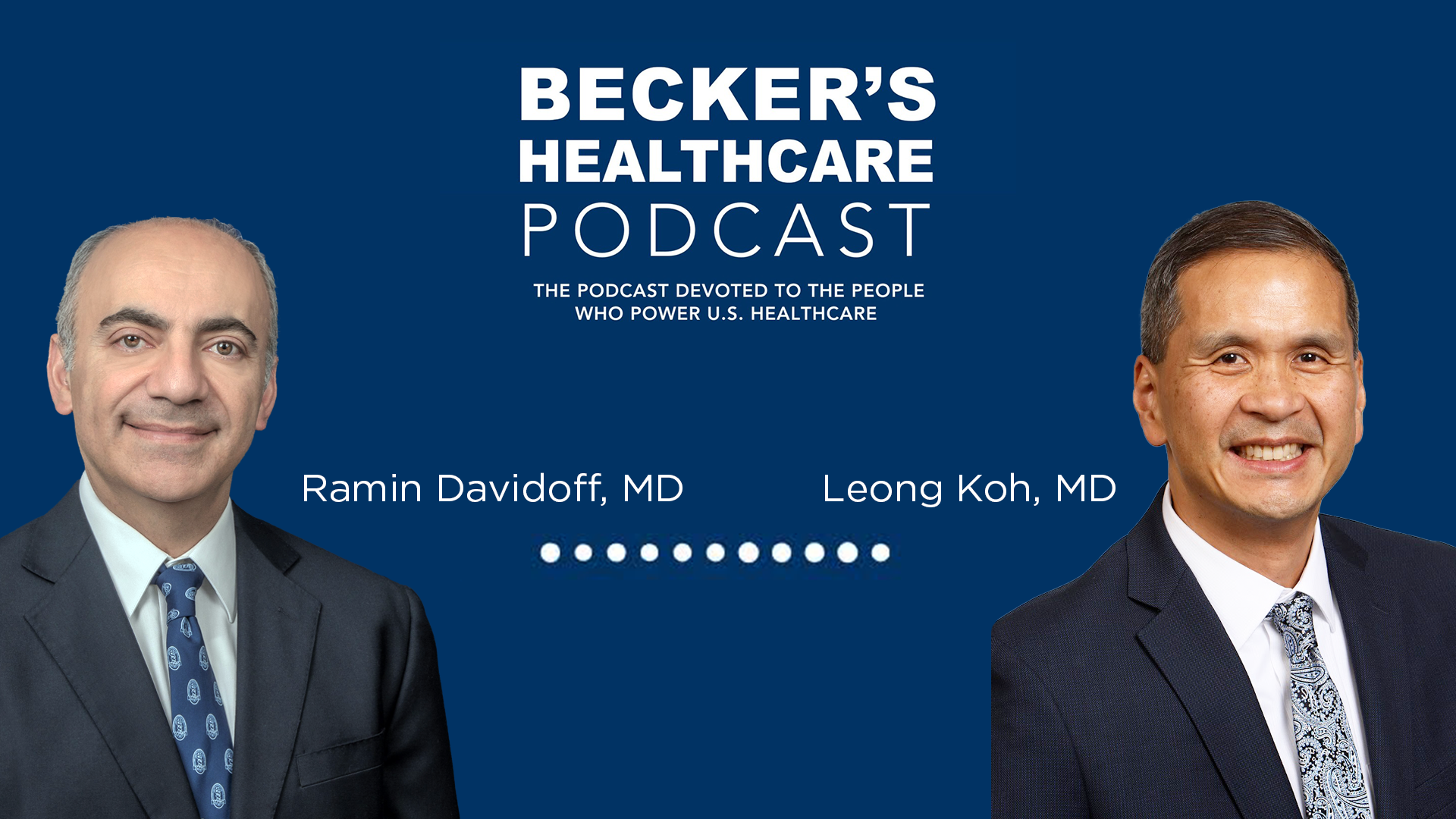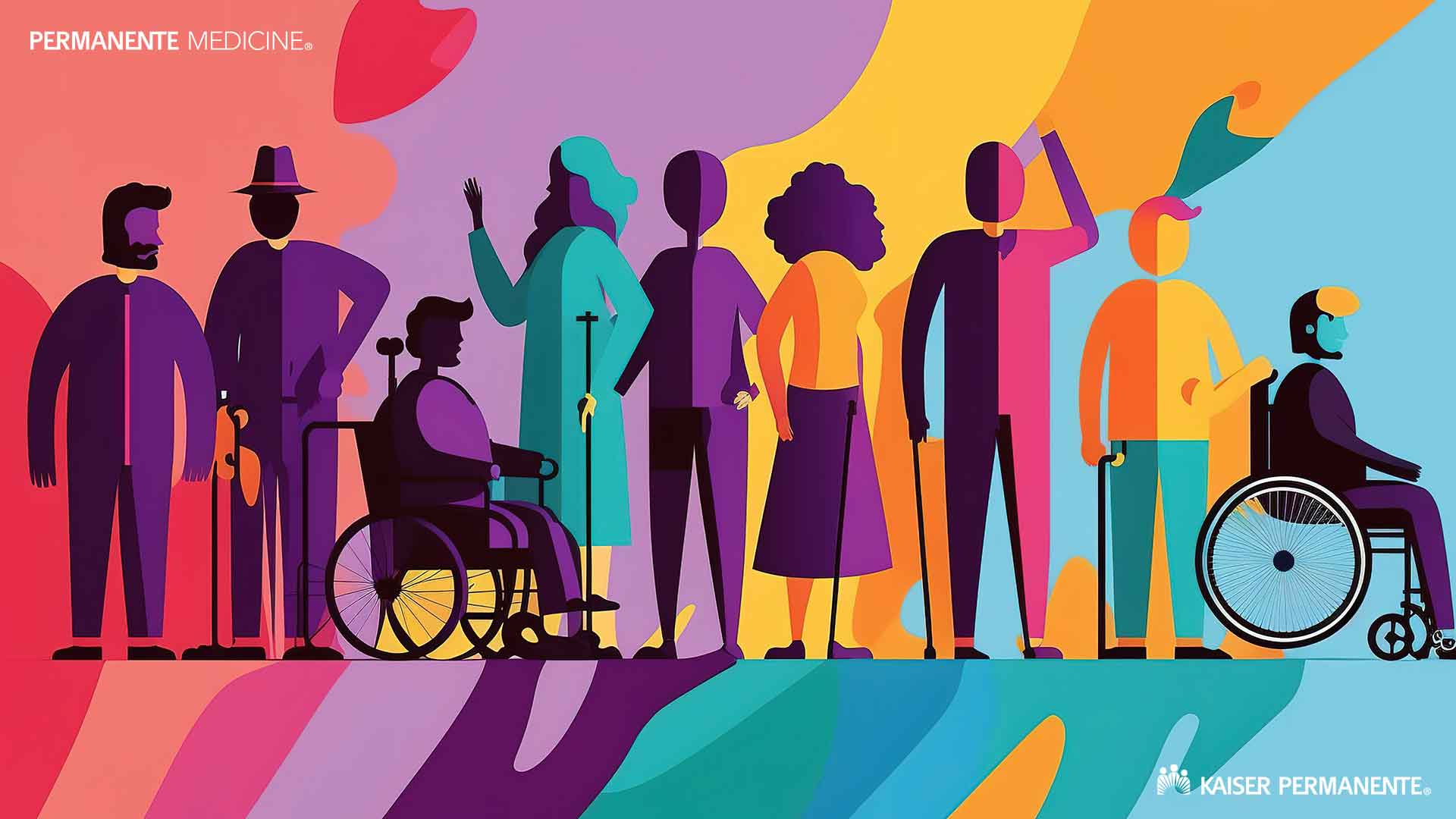Physician leaders Ramin Davidoff, MD, and Leong Koh, MD on the power of innovation, workforce education, and physician leadership in a post-pandemic world.
Rates of heart attack treatment down as much as 48% during COVID-19 outbreak
Kaiser Permanente hospitals in Northern California have treated significantly fewer heart attacks since the COVID-19 outbreak began in early March compared with the same period in 2019, Matthew Solomon, MD, of The Permanente Medical Group told HealthDay.
“We definitely think it has something to do with the public’s response and fear about coming to the hospital and getting infected,” Dr. Solomon said.

Dr. Solomon and his colleagues reviewed data from more than 4.4 million Kaiser Permanente patients in Northern California, comparing the weekly rates of treatment for heart attacks in regional emergency departments before and after March 4, the date of the first death from COVID-19 in Northern California.
Rates of treatment for heart attacks were down as much as 48% in Kaiser Permanente’s Northern California hospitals compared with the same period in 2019. The results were published as a research letter in the New England Journal of Medicine.
“There are also a lot of reports that the emergency medical services are finding higher rates of death at home, and we worry that a good portion of those could be patients having heart attacks and strokes who did not seek care,” Dr. Solomon said.
Dr. Solomon was also interviewed by NPR about the findings in a recent broadcast story on “All Things Considered.”
“There’s no intervention that we know of that can reduce the heart attack rate by 50%,” Dr. Solomon said in that interview. “We’ve never seen that. And if you look at other types of national emergencies, like earthquakes or terrorist attacks, heart attack rates actually go up.”
Note: Please go to the HealthDay, New England Journal of Medicine, and NPR websites for the full stories.


